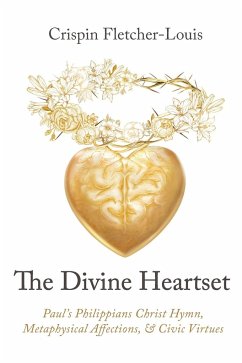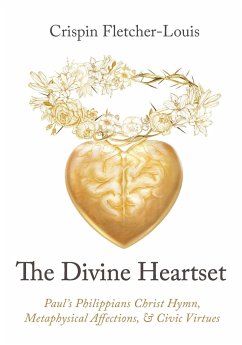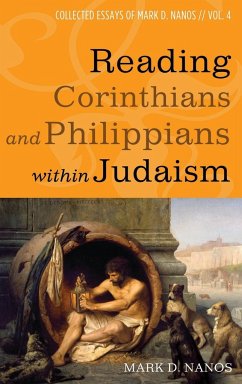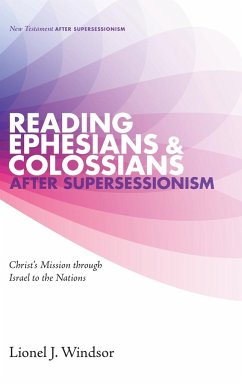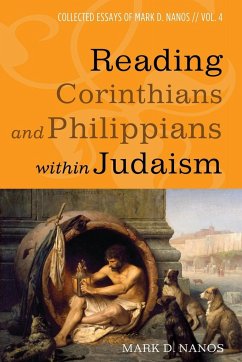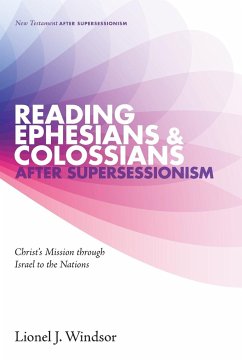The fruit of a decade's research, this volume offers a new interpretation of the dense Christological narrative in Philippians 2:6-11, taking inspiration from recent advances in our understanding of the letter's Greek and Roman setting and from insights made possible by recently created linguistic databases (such as TLG and PHI). The passage's praise of Christ engages the language of Hellenistic ruler cults, Platonic metaphysics and moral philosophy, popular (Homeric) beliefs about the gods, and Greek love (eros), to articulate a scripturally grounded theology in which God is revealed to be one in two persons (God the Father and LORD Jesus Christ). The volume also explores hitherto unseen ways in which the central Christ Hymn is tightly connected to the rest of Paul's argument. The hymn presents Christ as an epitome of the ideals of Greek (and Roman) virtue, to support Paul's summoning his readers to a life of praiseworthy and exemplary civic conduct (in 1:27). New or recently proposed translations are advanced for numerous words and phrases (in, e.g., 1:8, 11, 27; 2:3, 4, 6, 11; 3:2, 4) and a new (non-Stendahlian) approach to Paul's boasting in 3:4-6, that is Christological rather than biographical, is put forward.

